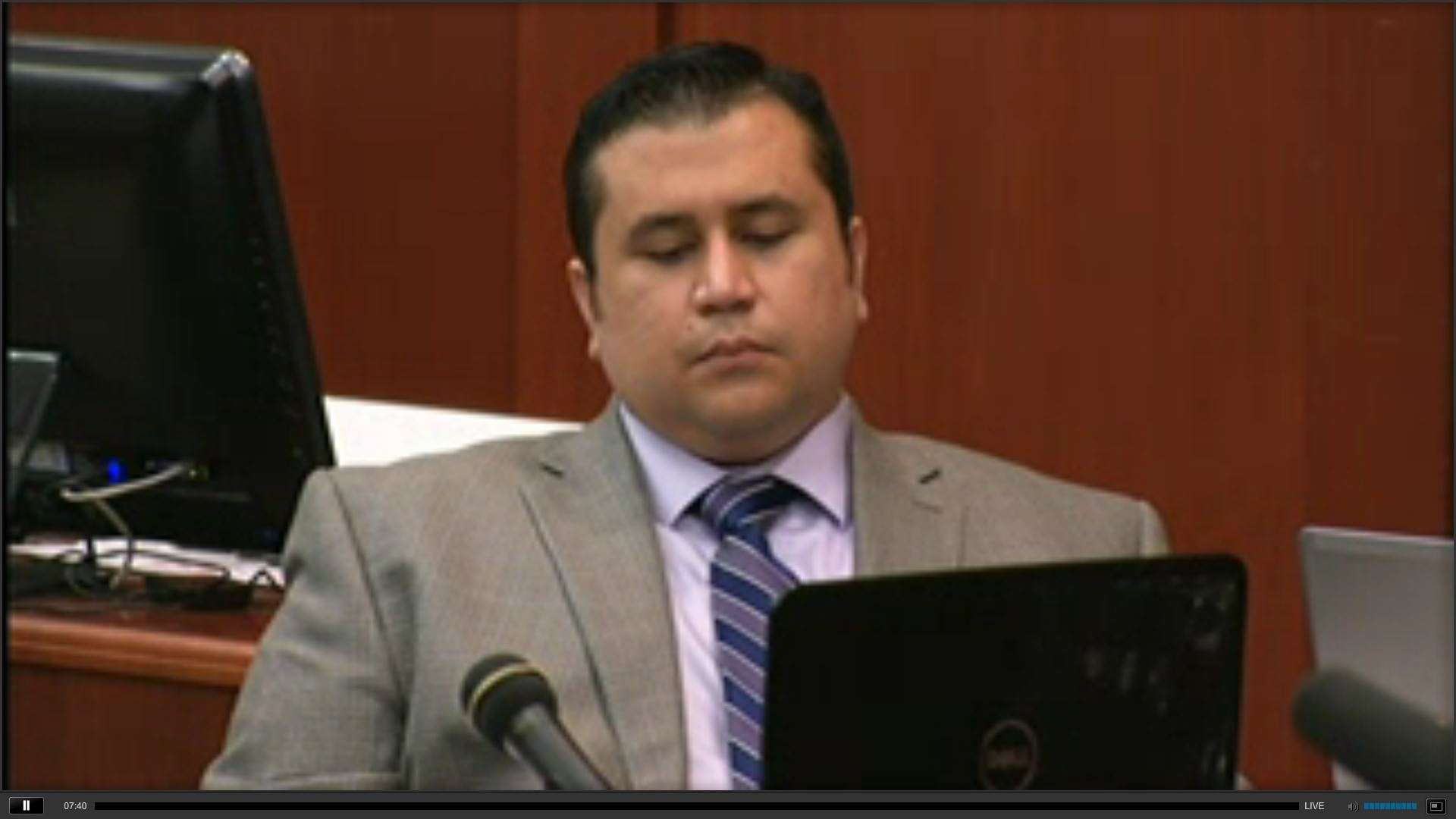Under Florida's 'Stand Your Ground' Law, Black and White Defendants Fare Equally Well

In my column last week, I noted two complementary narratives that cloud people's understanding of the George Zimmerman case: one about race, the other about the alleged defects of Florida's self-defense law. Last year the Tampa Bay Times tried to get a sense of how these two factors interact by looking at racial patterns in self-defense cases. Its findings belie the idea that the enforcement of Florida's law is biased against black defendants:
The Times analysis found no obvious bias in how black defendants have been treated:
• Whites who invoked the law were charged at the same rate as blacks.
• Whites who went to trial were convicted at the same rate as blacks.
• In mixed-race cases involving fatalities, the outcomes were similar. Four of the five blacks who killed a white went free; five of the six whites who killed a black went free.
• Overall, black defendants went free 66 percent of the time in fatal cases compared to 61 percent for white defendants—a difference explained, in part, by the fact blacks were more likely to kill another black.
That last point relates to a finding that could be seen as evidence of racial bias: While black and white defendants fared equally well, people who killed blacks were more likely to make successful self-defense claims than people who killed whites. "People who killed a black person walked free 73 percent of the time," the Times reported, "while those who killed a white person went free 59 percent of the time." The Times conceded that its analysis "does not prove that race caused the disparity between cases with black and white victims," since "other factors may be at play." For example, "black victims were more likely to be carrying a weapon when they were killed" and "more likely than whites to be committing a crime, such as burglary, at the time."
Critics of Florida's law may seize upon the numbers regarding victims and cite Zimmerman's acquittal as another example of how the criminal justice system values black people's lives less than white people's. But they will find no support in the numbers regarding defendants for the often heard claim that Trayvon Martin would have been arrested immediately and ultimately convicted if he had shot Zimmerman instead of the other way around. And as Reason Contributing Editor Walter Olson notes in a recent CNN.com essay, anyone who is concerned about racial disparities in the justice system should think twice before responding to Zimmerman's acquittal by supporting legal changes that would make it easier to convict people and send them to prison.
It may be risky drawing any firm conclusions from these numbers, since self-defense claims involving the use of lethal force are pretty rare. The Times found a total of 192 such cases since 2005, or less than 20 a year, which is less than 2 percent of all homicides in Florida. When you get into subgroup analyses, the numbers are tiny. For example, the Times identified "only 26 completed cases in which a black person was killed and only eight fatalities with a Hispanic victim."
The other thing to note about these cases is that it's not clear to what extent, if at all, the new features of Florida's law, such as eliminating the duty to retreat for people attacked outside their homes, affected the outcomes. It is therefore misleading to call them "stand your ground" cases, as the Times does.
Addendum: Speaking of misleading journalistic references to "stand your ground," NPR host Robin Young yesterday explained its relevance to Zimmerman's acquittal this way: "The law was not used by the Zimmerman defense team, but it infused the case." That gloss (which Robert Woolley brought to my attention) is reminiscent of New York Times reporter Cara Buckley's assertion that the trial was "spotlighting Florida's Stand Your Ground law," even though "that law has not been invoked in this case." Attorney General Eric Holder was a bit subtler on Tuesday, saying "it's time to question laws that senselessly expand the concept of self-defense," although that issue is "separate and apart from the case that has drawn the nation's attention."
[Thanks to John Banzhaf for the tip.]


Show Comments (38)